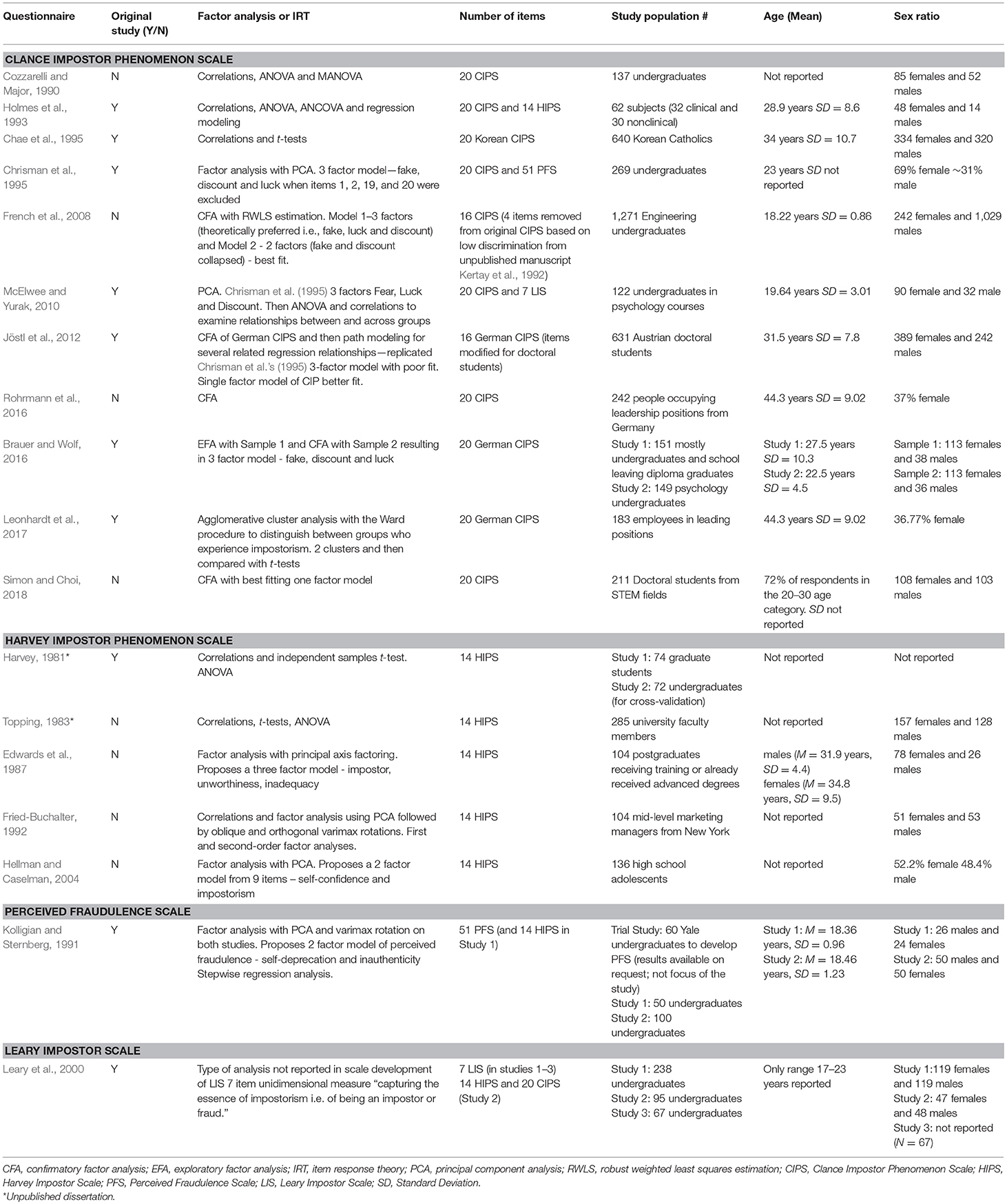Why do some individuals struggle with emotional dependency or impostor syndrome? Science offers fascinating insights into these behaviors, helping us understand their roots and possible solutions.
In this article, we will delve into the scientific foundations behind procrastination, emotional dependency, and impostor syndrome. By understanding the science behind these challenges, you can start to address them effectively.
What is Procrastination?
Procrastination is not just laziness; it’s a behavior rooted in brain functions. Studies in neuroscience show that the battle between the limbic system and the prefrontal cortex often leads to procrastination.

The limbic system, responsible for emotional responses, tends to override the prefrontal cortex. This results in delaying tasks over long-term goals. Techniques like mindfulness and CBT can help rewire these patterns.
What is Emotional Dependency?
Emotional dependency is deeply tied to attachment theory. According to research that childhood experiences and relational dynamics play a significant role in shaping dependency behaviors.
For example, those with anxious attachment tendencies may struggle to feel secure without constant validation. To overcome emotional dependency involves addressing these attachment wounds through therapeutic interventions.
The Cognitive Science of Impostor Syndrome
Impostor syndrome stems from biased mental patterns, such as overgeneralization and perfectionism. Psychological research indicate that individuals with impostor syndrome often engage in negative self-talk.

These distortions lead to a “fear of being found out” and difficulty in accepting success. Strategies like cognitive reframing and mindfulness-based stress reduction (MBSR) are scientifically backed ways to combat these feelings.
How to Overcome These Challenges Using Research-Based Strategies
Understanding the science is the first step, but implementing evidence-based solutions is critical. Here are some proven methods:
- Procrastination: Use implementation intentions—specific plans that link a goal to a cue, such as “If it’s 9 AM, I will start writing my report.”
- Emotional Dependency: Practice self-differentiation, a technique where you focus on identifying your own needs separate from others’ expectations.
- Impostor Syndrome: dependencia empcional Keep a success journal to document your accomplishments and review them regularly to challenge distorted self-perceptions.
proclastinação
These approaches are supported by empirical studies, making them reliable tools for personal development.
Conclusion: Science as a Guide to Personal Growth
These challenges are not insurmountable when approached with a scientific mindset. With evidence-based tools and self-awareness, it’s possible to create lasting positive change.
Awareness is the key to growth. Take the first step today by applying these strategies to build resilience and confidence.